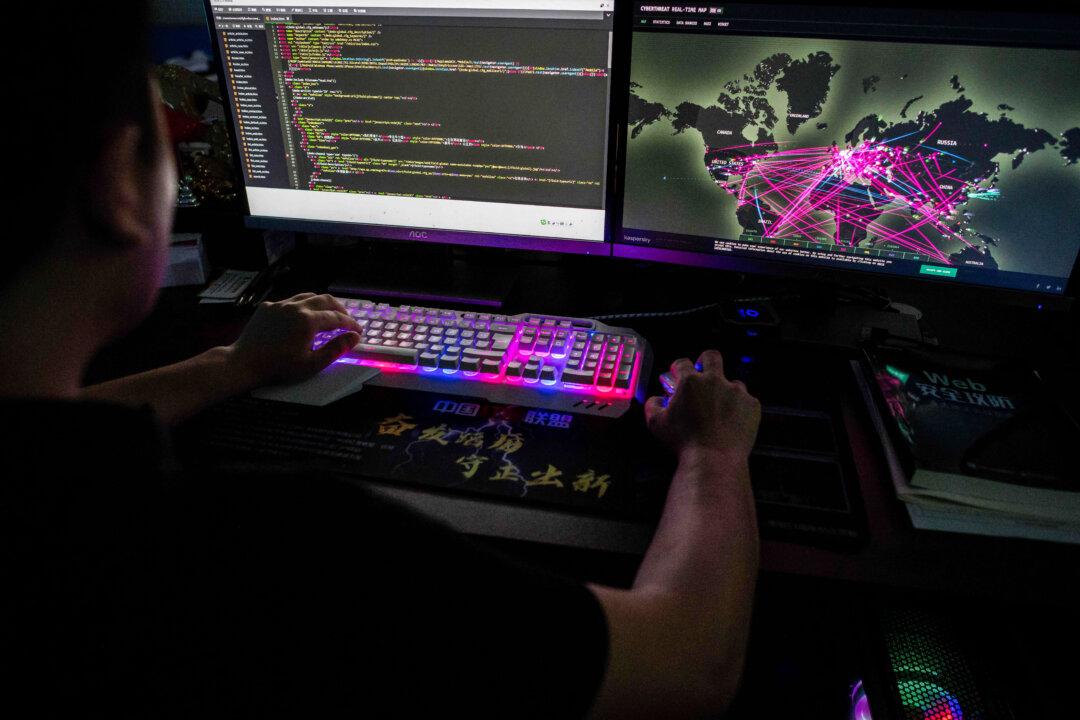Sen. Marco Rubio (R-Fla.) warned on social media that the outage that affected AT&T on Feb. 22 could be significantly smaller than what a Chinese cyberattack could do.
For much of the morning on Feb. 22, tens of thousands of people on Downdetector and elsewhere complained their AT&T or Cricket service was out, while AT&T, which owns Cricket, confirmed the outage. By the afternoon, the company stated that about 75 percent of its service was restored.





